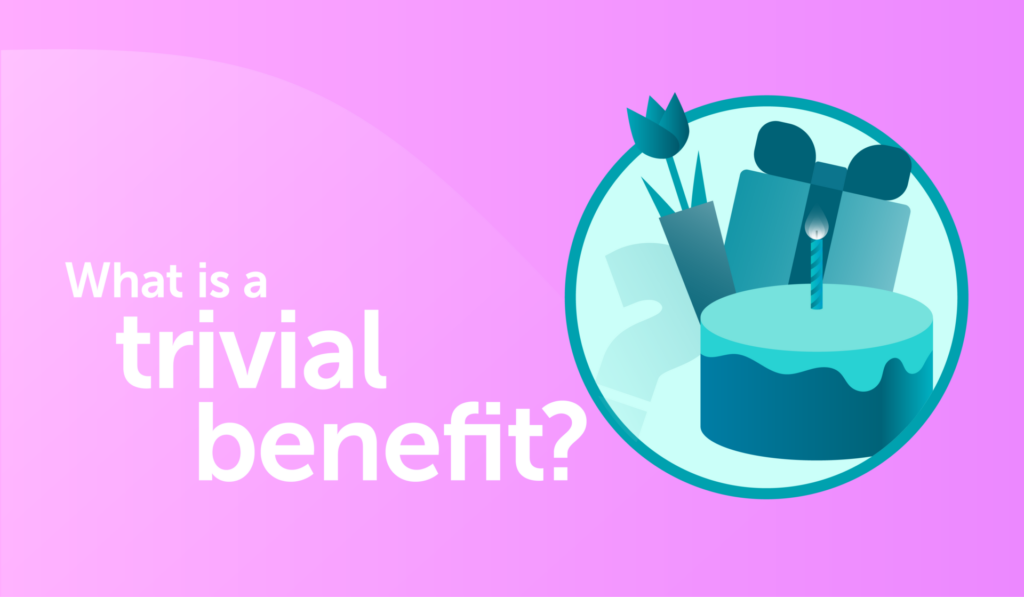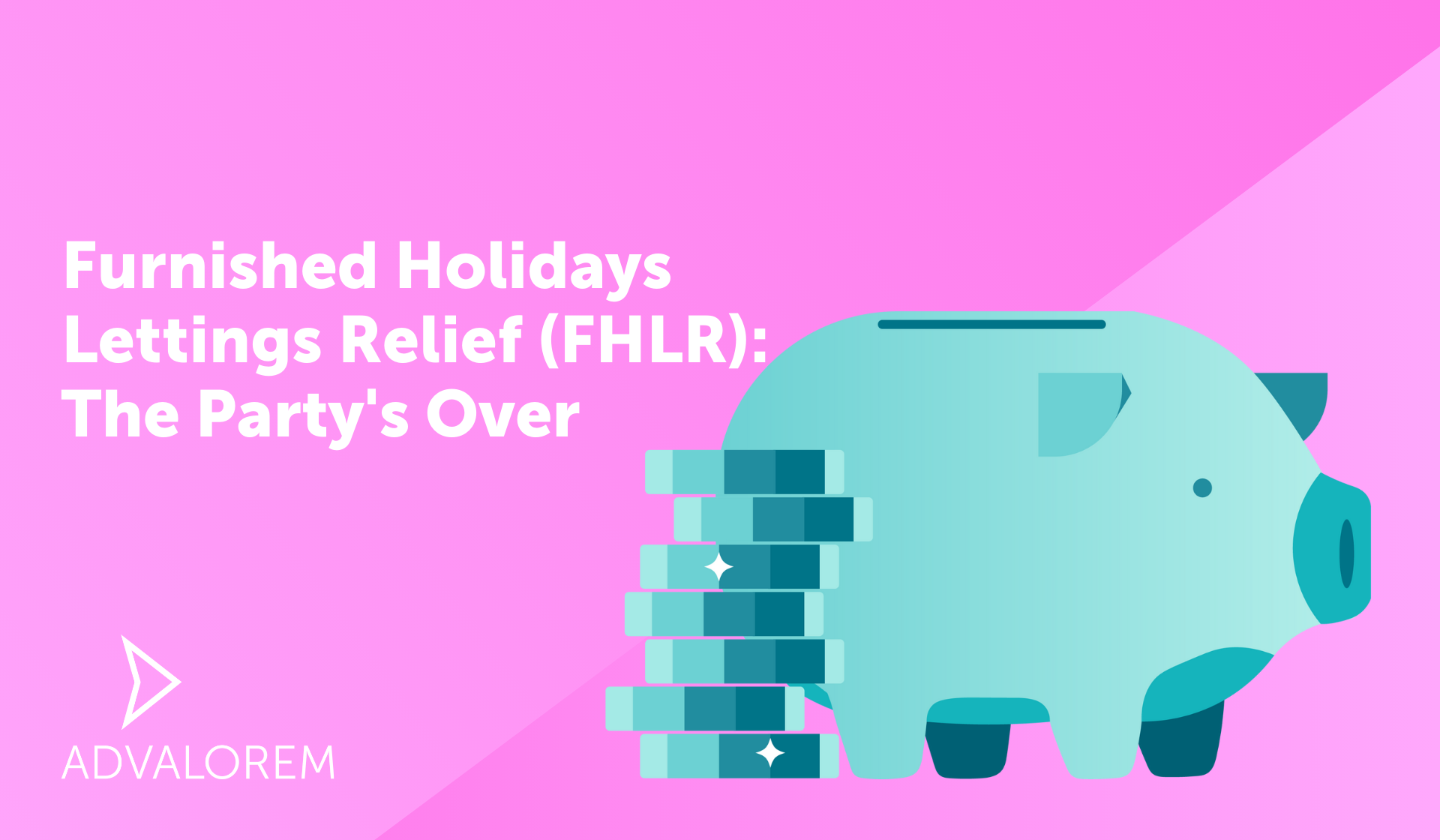
What is a trivial benefit?
In the context of UK limited companies, a trivial benefit refers to a small, incidental perk or gift provided by an employer to an employee that is considered of little significance. There is no tax incurred on trivial benefits.
To qualify as a trivial benefit, certain criteria must be met, such as the cost not exceeding a specified limit and the benefit not being a reward for work or performance.
Examples of trivial benefits may include:
Celebratory Gifts: Small gifts given to employees on occasions like birthdays, weddings, or the birth of a child.
Seasonal Gifts: Tokens of appreciation during holidays, such as a Christmas hamper or a box of chocolates.
Occasional Meals: Providing a meal to employees on special occasions, such as a team lunch to celebrate a successful project.
Work-Related Events: Tickets to a cultural or sporting event for employees, especially if the event is infrequent.
Tea and Coffee: Providing tea, coffee, or snacks in the office, as long as it is not part of a formal salary sacrifice arrangement.
The benefit must be valued at under £50, otherwise the full amount of the benefit will be subject to tax.
Employees can receive multiple benefits throughout the year, as long as they individually do not exceed £50. There is also a £300 annual limit for ‘close’ companies (a company with 5 or less participators/shareholders, who are also directors).
It’s important for companies to be aware of the specific rules and limits set by HM Revenue and Customs (HMRC) to ensure that the benefits provided qualify as trivial and are therefore exempt from reporting and taxation. These rules may change, so it’s advisable to check the latest guidelines or seek professional advice when implementing trivial benefits in your business.
(E) enquiries@advaloremgroup.uk (T) 01908 219100 (W) advaloremgroup.uk





